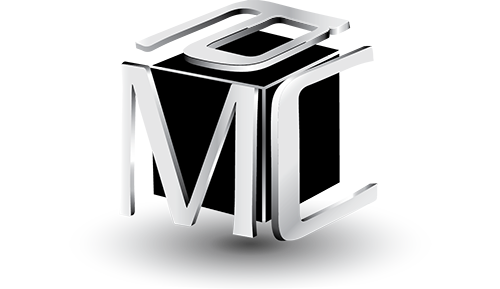
Through People


We learn the skills that are critical for success in any career, at any level, not in a classroom but from navigating a wide range and variety of experiences – fixing something that’s broken, working with a whole new team of people, starting up something from scratch, taking a “stretch” assignment in an area that you know nothing about – anything that has some challenge to it.
And while experience is critical to learning, so is regular and deliberate reflection on the learning experiences. Field and lab research has shown that individuals who engage in active reflection experience greater performance improvements compared to folks who just accumulate a lot of experiences on autopilot. We refer to this combination of piloting through challenging experiences coupled with regular reflection as Intentional Development.
Intentional Development is not a one-and-done effort but requires a regular cadence of development – try something, reflect on how it plays out, look for the expected impact, adjust if necessary and try again. These kind of micro-learning opportunities create a consistent learning environment and are critical to building a habit for change rather than hoping that will power will save the day.
One executive client set aside time on his calendar every Friday, what he called “5 minutes at 5:00 on Friday”, where he pulled out his Intentional Development Plan, reflected on the progress he made that week and plotted out what he was going to try out or focus on in the coming week. He made excellent progress on his development and quickly locked-in-the-learning, which took him weeks not months or years.
Reflection makes a difference. We find, however, that not everyone is immediately effective or comfortable with how to reflect. One client said that she tried setting aside 30 minutes for reflection in her schedule but when the time came she didn’t know what to do and just sat there!
We have tool that we use to assist learners in creating a cadence of development and to make sure that they lock-in-the-learning from their development experiences. We call it the Intentional Development Tracker and find that following this simple outline of questions (and actually writing something down) is a very effective approach to reflection.
The Context: What skill or competency are you trying to develop or enhance and why?
The Experience: What specific skill or behavior did you try and in what situation?
The Reflection: What did you learn from the experience? What worked? What didn’t?
The Impact: What was the impact of the new skill or behavior (on you, others, the company)?
The Intention: How might you apply the lessons of this experience in the future, in other situations?
The Plan What changes or updates might you make to your Intentional Development Plan as a result of this experience?
If you’d like to learn more about how we learn and Intentional Development, check out our new book (co-authored by Dr. Richard Citrin), Strategy-Driven Leadership: The Playbook for Developing Your Next Generation of Leaders.